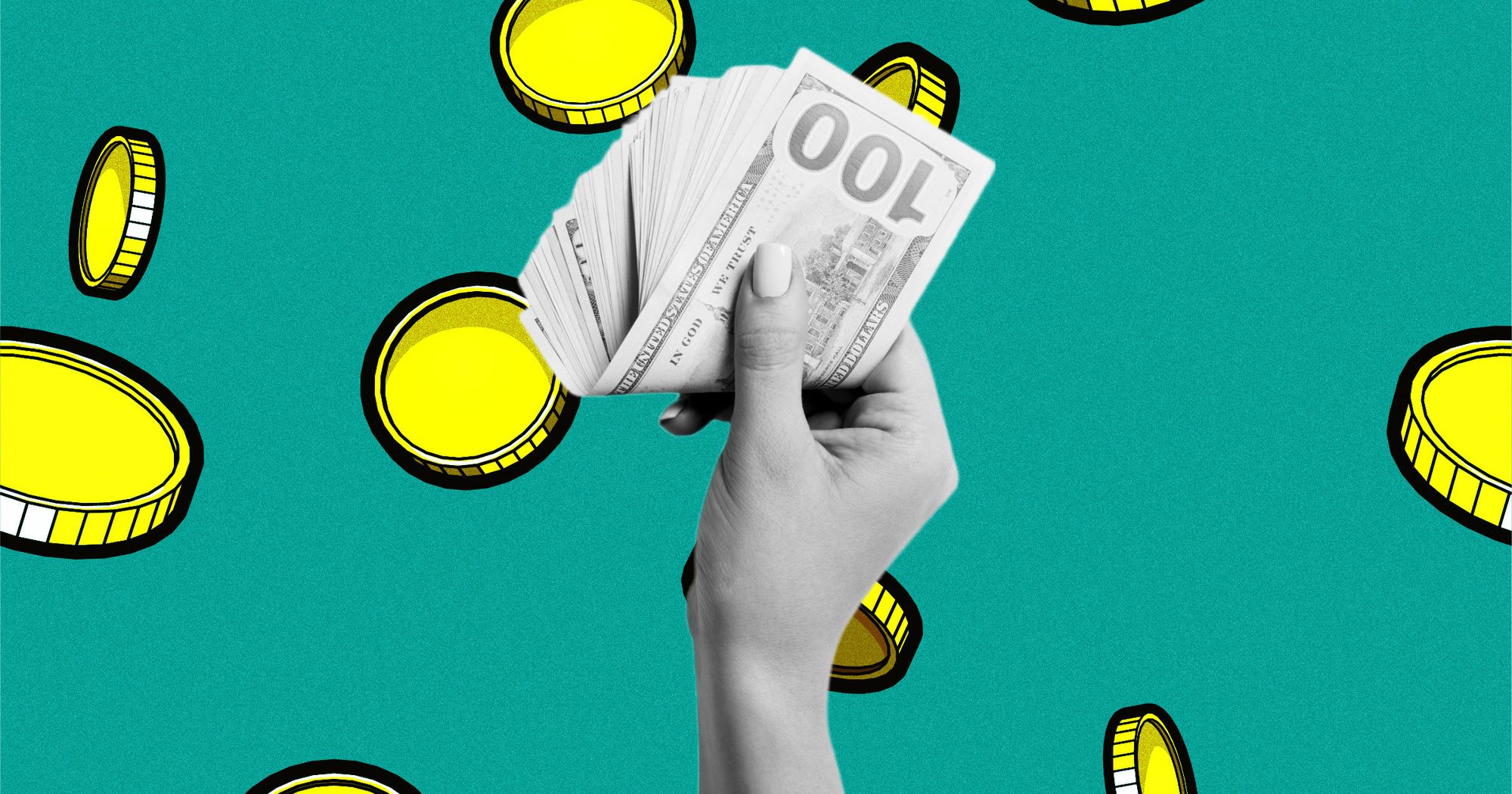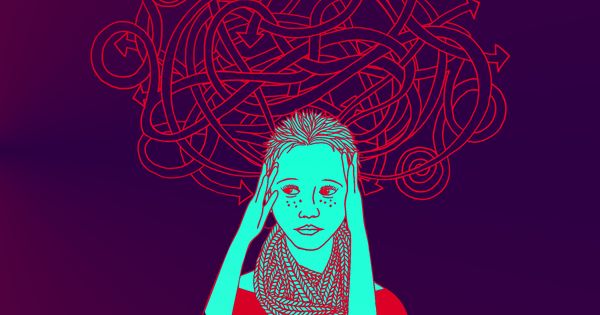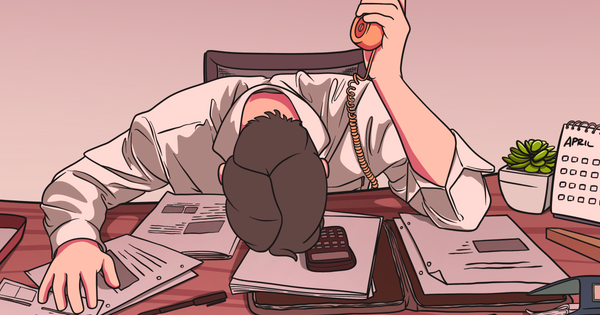Universal Basic Income (UBI) is a social program where every citizen in the country receives a monthly payment from the government, regardless of their income.
UBI has been implemented in many countries and cities around the world with varied success.
UBI is a policy that's been in the minds of economists for many years, but it's only recently beginning to see real-world applications. The most common arguments for UBI are that it will make people more equal and freer. The main argument against UBI is that it will cause people to stop working because they'll have enough money.
How are Other Countries Doing with UBI Programs?
In the United States, New York City Mayor Bill de Blasio recently proposed a plan to guarantee a minimum income of $1725 per month for all its citizen's ages 18-64 who make less than about $47,000 per year. The mayor of Ontario, a Canadian province, John Tory has also proposed providing a minimum income of $1725 per month for its residents in similar circumstances.
Finland's universal basic income experiment has been going on for two years now. The Finnish government decided to give 2,000 unemployed people 560 euros every month for two years with no strings attached. . The government will be observing this approach and will release a final report on what happened, including how many people stopped working, how much money was spent, how long people remained unemployed, and more.
However, while these proposals seem like they would work out well and reduce the number of people living in poverty, it would likely be at the expense of the middle class and even the wealthy. Yes, a guaranteed minimum income for all would be good for the economy. A guaranteed minimum income may also help create a more equal society, as people would no longer need to worry about sustaining themselves and their families on what they earn because they will receive it all from others.
A negative consequence of a guaranteed minimum income is that people will use it to purchase goods and services rather than work. This may increase inflation because companies will have to raise their prices in order to cover their costs while they also increase salaries in an effort to attract qualified employees.
Finally, there would be a significant fiscal strain
Argument One- UBI Creates Lazy Citizens & People Become Content with the Minimum
The argument that UBI will create lazy citizens is not a new one. Opponents of UBI argue that it will create a society of people who are content with the minimum. The argument that this will happen stems from the idea that people would no longer have to work for their basic needs and therefore would not be motivated to do anything else.
The assumption is that people would be satisfied with the minimum, and no longer want more than what they already had. This is not true for all people, as many still want to grow and progress in their lives even if they already have what they need to survive.
Some people want more to help them meet their goals and dreams. Others want more because they never stop learning new skills and are constantly evolving as a person. This is not even considering the natural human desire of wanting to procreate, which is not considered when giving out what humans can do. This is more important than one might think, as it affects society in many ways.
As people have standards for themselves where they are content with what they already have, this can affect how people interact with one another and how societies work. It can lead to a stagnant culture or cause people to feel entitled.
Having a standard of living where everyone had enough meant that there are more people who want more than what they had.
The assumption that people would be satisfied with the minimum, and no longer want more than what they already had, is not true for all people, as many still want to grow and progress in their lives even if they already have what they need to survive.
Argument Two- UBI Encourages Dependence on Government Programs
A guaranteed universal basic income (UBI) is a payment from the government to all its citizens, regardless of their financial situation. It would replace many welfare programs, such as unemployment insurance and social security.
The goal is to provide everyone with enough money to meet their basic needs for food, clothing, and housing.
Proponents believe that UBI would reduce inequality by giving people more control over their lives and providing them with a safety net when needed most. They also believe that UBI could help solve poverty by providing people with more resources than they would otherwise have.
Critics argue that UBI is too expensive and would be difficult to implement. They also point out that UBI could create negative incentives for people to work, which might lead to lower labour participation rates. Critics are concerned that giving all citizens an equal amount of money regardless of their earnings could cause inflation and make it harder for the poor to escape poverty.
On the right, UBI is sometimes criticized as a handout or a way to reward people for not working. On the left, UBI is sometimes criticized as a way to take money away from those who can most afford it and give it to those with little means.
In addition, critics argue that the programs that would be replaced with UBI could accomplish the same goal at a lower cost. It would also create too much bureaucracy and would likely be used as a handout to people who do not need it.
Furthermore, it could reduce individual motivation to work and make society less efficient.
Argument Three- A Guaranteed Basic Income Puts a Major Economic Burden on the State
Universal basic income is a government program that pays all citizens a certain amount of money per year, regardless of their employment status.
The first point to make about this argument is that UBI will create more dependents on government programs. It’s true that UBI will eliminate poverty, but it does so by eliminating the incentive to work. If people are given a basic income whether they work or not, many people who would otherwise work will choose not to do so.
The second point to make about this argument is that UBI creates an economic dependency on the government. The idea behind universal basic income is good in theory, but in practice, it would be terrible for the economy because it encourages people to sit around and not work.
The government would have to do a lot of work in order to create UBI, which would in turn cause the economy to collapse because there wouldn’t be enough people working.
The third point about this argument is that it is a false equivalency. Even if we did give all citizens UBI, it does not make sense for everyone to be given the same amount of money. The conclusion to this argument is that Universal Basic Income is a terrible idea in the long run because it creates an economic dependency on the government and incentivizes people not to work.
Universal Basic Income Is Not Good for Society

The idea of the UBI has been around for decades, but it has gained traction over the past few years. Proponents of UBI claim it would solve many problems in society, like poverty, inequality, and unemployment. But there are also significant drawbacks to this idea.
For example, some believe the lack of work incentivizes people to be lazy and not work at all, which will eventually lead to the use of welfare programs like food stamps. Proponents of UBI also argue that those with jobs would have more time and incentive to attend school, learn new skills, or work on creative projects. without having to worry about making a living.
What do you think? let us know in the comments below!






